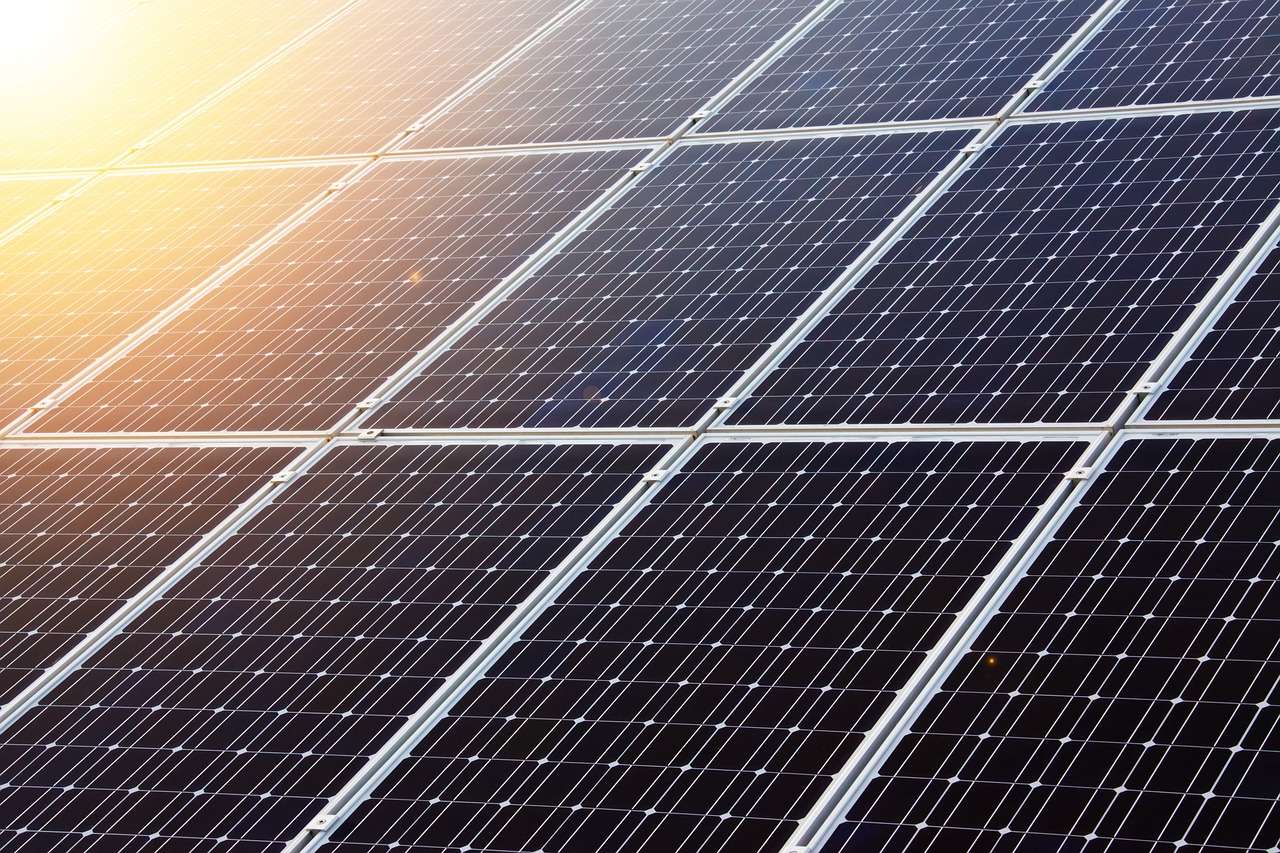So here’s the thing – have you ever wondered if it’s possible to watch TV or use your beloved electronics when you’re off the grid? You know, those times when you’re out camping in the middle of nowhere, or maybe you’re in a remote cabin nestled in the mountains. Well, I’ll let you in on a little secret – it’s totally doable! Yep, you heard me right. You can enjoy your favorite TV shows or catch up on that addictive novel on your e-reader, all without needing access to the conventional power grid. Sounds intriguing, right? Well, let me tell you how it can be done.
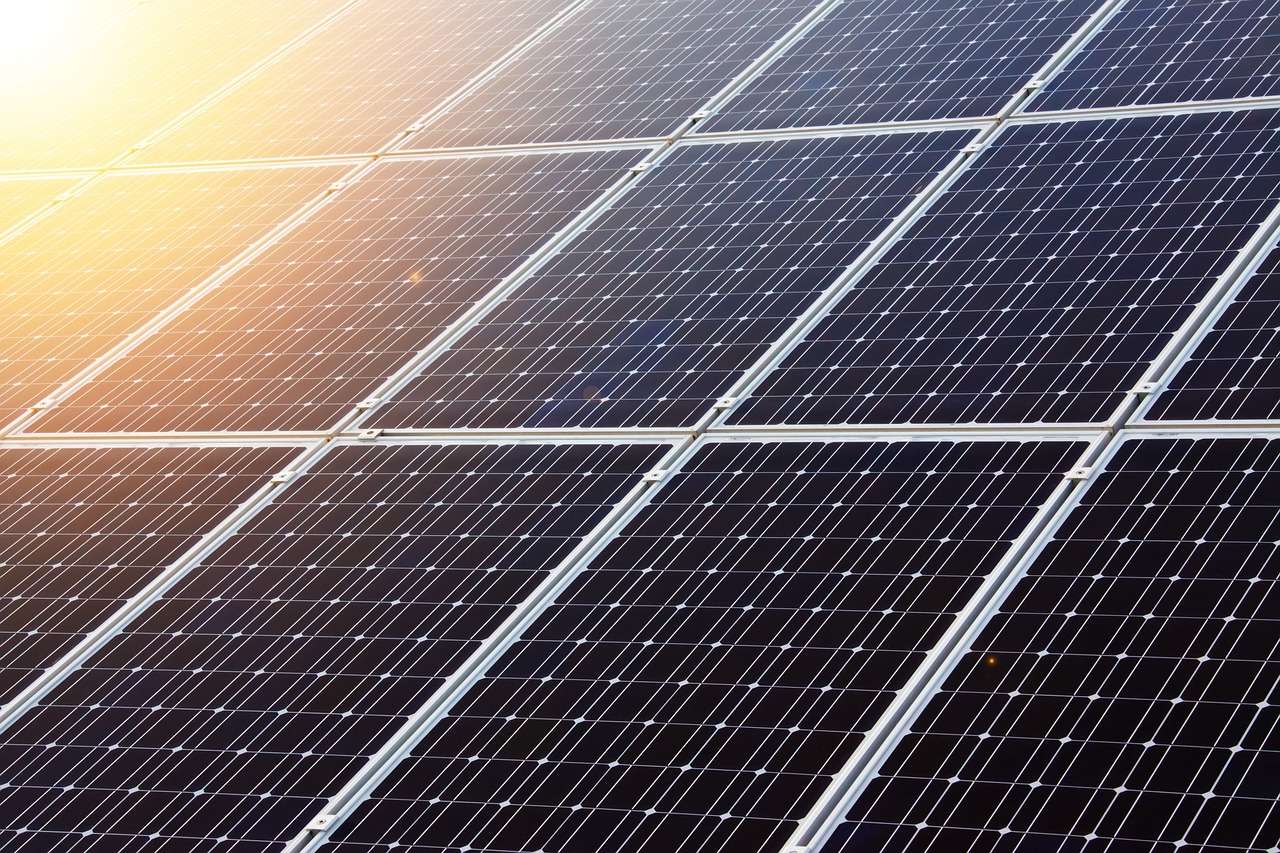
The Basics of Off-Grid Living
What is off-grid living?
Off-grid living refers to a lifestyle where individuals or communities choose to disconnect from the traditional power grid and rely on alternative sources of energy. It involves being self-sufficient in terms of electricity, water, and other necessities, without the need for public utilities. Off-grid living encourages sustainability, independence, and a reduced carbon footprint.
Why choose off-grid living?
There are numerous reasons why people opt for off-grid living. One of the main motivations is the desire for independence and self-reliance. By generating their own power and resources, individuals can free themselves from the reliance on utility companies and the fluctuations in energy prices. Off-grid living also allows people to live sustainably and reduce their impact on the environment. Furthermore, in remote areas where access to the power grid is limited, off-grid living offers a practical solution for obtaining electricity.
How to live off-grid
Living off-grid involves careful planning and consideration of various factors. The first step is to assess your energy needs and determine the most suitable power sources for your lifestyle. Solar power, wind power, hydro power, and generators are popular options for off-grid living. Next, it is essential to invest in energy-efficient appliances and devices to minimize energy consumption. Additionally, learning basic maintenance skills and understanding safety considerations for off-grid living is crucial. Finally, being mindful of water conservation, waste management, and sustainable practices will contribute to a successful off-grid lifestyle.
Power Sources for Off-Grid Electronics
Solar power
Solar power is one of the most common and efficient sources of energy for off-grid electronic devices. Solar panels use sunlight to generate electricity, which can be stored in batteries for later use. They are relatively easy to install and require minimal maintenance. However, the effectiveness of solar power depends on the availability of sunlight, making it more suitable for regions with abundant sunshine.
Wind power
Wind power harnesses the energy of the wind to generate electricity. It is another viable option for off-grid living, especially in areas with consistent wind patterns. Wind turbines convert the kinetic energy of the wind into electrical energy, which can be stored in batteries. However, wind power systems require careful planning and consideration of factors such as wind speed, turbine height, and noise levels.
Hydro power
Hydro power, also known as water power, utilizes the energy of flowing or falling water to generate electricity. It is an excellent option for off-grid living if you have access to a reliable water source such as a river or stream. Micro-hydro systems can be installed to generate power that can be stored in batteries or used directly. However, hydro power systems involve more complex installation and maintenance compared to solar or wind power.
Generator power
Generators are a reliable backup power source for off-grid living, especially during periods of low sunlight or wind. They are typically powered by gasoline, diesel, or propane and can provide a continuous source of electricity. However, generators are noisy, require fuel, and emit harmful emissions, making them less sustainable and environmentally friendly than renewable energy sources.
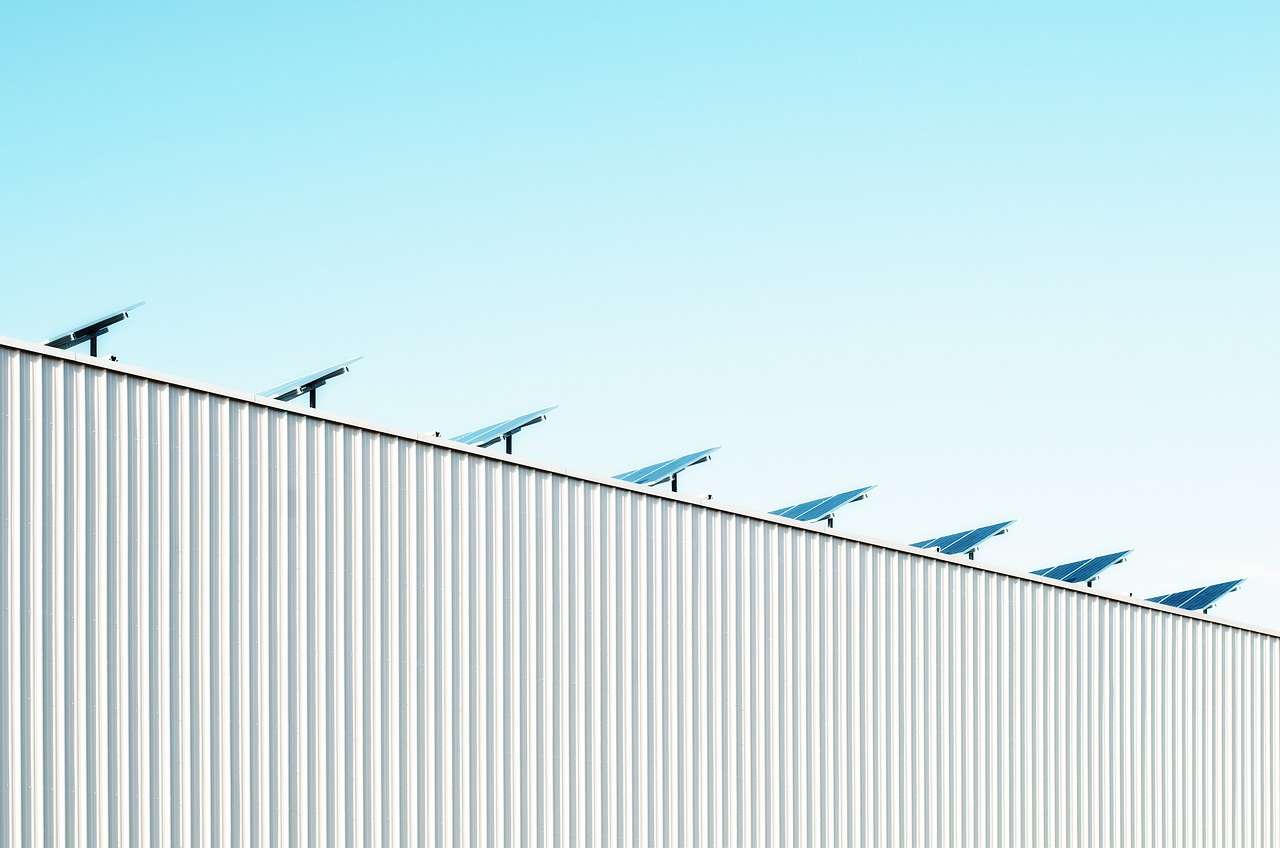
Off-Grid TV Watching Options
Solar-powered TVs
Solar-powered TVs are specifically designed to operate using solar energy. These TVs utilize integrated solar panels or come with external solar panel kits that can be connected to the TV. They are energy-efficient and allow you to enjoy your favorite shows and movies without relying on the power grid. Solar-powered TVs are an ideal option for off-grid living, ensuring entertainment while reducing environmental impact.
Battery-powered TVs
Battery-powered TVs are another convenient option for off-grid entertainment. These TVs are designed to be operated using rechargeable batteries, eliminating the need for a constant power supply. They are portable and can be recharged using various power sources, including solar panels and generators. Battery-powered TVs offer flexibility and allow you to enjoy your favorite programs even when traditional power sources are not available.
Using inverters for TV
If you already own a standard TV and wish to use it off-grid, an inverter can be a valuable tool. An inverter allows you to convert the DC (direct current) power from your off-grid power source, such as solar or battery, into AC (alternating current) power that standard TVs require. However, it is important to select an appropriately sized inverter to ensure compatibility and prevent any power issues.
Portable generators for TV
Portable generators can be used to power your TV off-grid when other energy sources are limited or unavailable. These compact generators provide a reliable source of electricity and can be conveniently transported to various locations. However, it is essential to consider the noise level, fuel consumption, and emissions of the generator to ensure it aligns with your off-grid lifestyle goals.
Off-Grid Use of Electronics
Charging electronics off-grid
Charging electronic devices such as phones, laptops, and cameras can be done off-grid using various methods. Solar chargers, specifically designed for off-grid use, harness the sun’s energy to charge your devices. Alternatively, you can use a battery-powered charger or power banks that can be charged using solar, wind, or hydro power. Planning your energy usage and ensuring you have sufficient power reserves are crucial when charging electronics off-grid.
Using inverters for electronics
Inverters play a vital role in using standard electronics off-grid. By converting the DC power from your off-grid source to AC power, inverters allow you to power devices that require traditional electrical outlets. This includes TVs, laptops, refrigerators, and other household electronics. However, it is essential to calculate the power requirements of your devices and select the appropriate inverter to avoid overload or underutilization.
Battery-powered electronics
Investing in battery-powered electronics is an excellent way to ensure reliable off-grid usage. Many devices, such as radios, flashlights, and even kitchen appliances, are available in battery-operated versions. Battery-powered electronics can be charged using various off-grid power sources and provide convenience without the need for constant grid connection.
Energy-efficient electronics
Choosing energy-efficient electronics is vital when living off-grid, as it helps minimize power consumption and maximize the use of available resources. Energy Star-rated appliances, LED light bulbs, and low-power-consuming devices can significantly reduce your energy requirements. Energy-efficient electronics ensure efficient use of off-grid power sources and contribute to a sustainable lifestyle.

Benefits and Challenges of Using Electronics Off-Grid
Benefits of using electronics off-grid
Using electronics off-grid offers several advantages. Firstly, it promotes self-sufficiency and independence, allowing you to rely on renewable energy sources rather than traditional power grids. This can result in long-term cost savings and protection against price fluctuations. Off-grid living also promotes sustainability by reducing your carbon footprint and minimizing reliance on fossil fuels. Additionally, off-grid electronics can provide essential services and entertainment even in remote locations or during power outages.
Challenges of using electronics off-grid
While off-grid electronics offer many benefits, there are also challenges to consider. The initial cost of setting up an off-grid system, including solar panels, wind turbines, and batteries, can be significant. Maintenance and troubleshooting of off-grid systems may require technical expertise or professional assistance, adding to the overall costs. Furthermore, the reliability of off-grid power sources can be affected by factors such as weather conditions, system malfunctions, or insufficient power storage.
Safety Considerations for Off-Grid Electronics
Use of surge protectors
When using off-grid electronics, it is essential to protect your devices from power fluctuations and surges. Installing surge protectors helps safeguard your electronics by preventing excessive voltage from reaching them during power spikes. This is particularly important when using inverters or generators, as they can occasionally produce power inconsistencies that may damage sensitive electronics.
Proper grounding techniques
Proper grounding is crucial for the safe use of off-grid electronics. Grounding ensures that excess electricity is safely redirected into the ground, protecting both the equipment and individuals. It is important to follow specific grounding guidelines and consult a professional if you are unsure about the proper grounding techniques for your off-grid system.
Regular maintenance and inspection
Regular maintenance and inspection of your off-grid electronics are essential to ensure optimal performance and safety. This includes checking connections, cleaning solar panels, testing batteries, and conducting system diagnostics. It is advisable to create a maintenance schedule and adhere to it to identify and address any issues promptly.
Fire and safety precautions
When living off-grid and using electronics, it is crucial to prioritize fire and safety precautions. This includes having fire extinguishers readily available, properly installing smoke detectors, and following electrical safety guidelines. It is essential to be aware of potential fire hazards in your off-grid system, such as overheating inverters or faulty wiring.
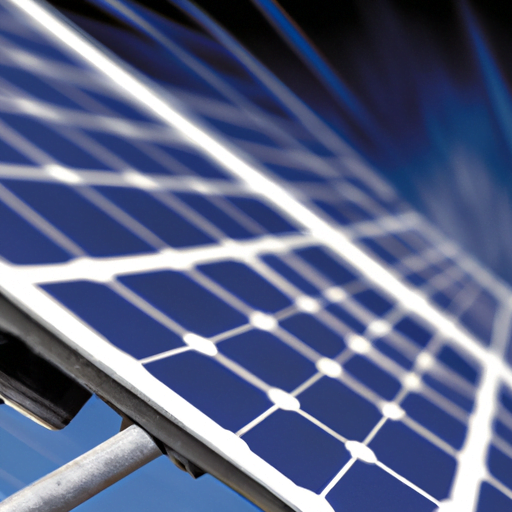
Off-Grid Entertainment Alternatives
Outdoor activities and hobbies
Engaging in outdoor activities and hobbies is an excellent way to embrace off-grid entertainment. This can include camping, hiking, gardening, birdwatching, or stargazing. Connecting with nature and exploring the outdoors offers relaxation, physical exercise, and an opportunity to appreciate the beauty of the natural world.
Reading books and magazines
Reading is an enjoyable and educational form of off-grid entertainment. Stocking up on books, magazines, and newspapers provides a wealth of knowledge and entertainment. Whether it’s diving into a thrilling novel, expanding your knowledge with non-fiction, or indulging in a leisurely magazine, reading offers an escape from the digital world and stimulates the imagination.
Board games and puzzles
Board games and puzzles are timeless forms of entertainment that can be enjoyed off-grid. Whether alone or with family and friends, games like chess, Scrabble, Monopoly, or jigsaw puzzles provide mental stimulation, promote social interaction, and help pass the time in a fun and engaging way.
Listening to music
Listening to music is a popular and easily accessible form of off-grid entertainment. Whether through a portable radio, a battery-powered speaker, or a musical instrument, music can lift your spirits, set the mood, and provide a sense of relaxation. Additionally, singing or playing instruments with family or friends can create lasting memories and foster connection.
What Devices Can I Use Off-Grid?
Low-power devices
Off-grid living allows for the use of low-power devices that consume minimal energy. This includes devices such as LED lights, low-wattage fans, energy-efficient refrigerators, and small kitchen appliances. By selecting low-power devices, you can maximize the use of your off-grid power sources and prolong battery life.
Energy-efficient devices
Energy-efficient devices are designed to minimize energy consumption while maintaining optimal functionality. This includes appliances such as televisions, laptops, washing machines, and air conditioning units that meet Energy Star-rated standards. By investing in energy-efficient devices, you can reduce your off-grid power requirements and contribute to a more sustainable lifestyle.
Rechargeable devices
Rechargeable devices are ideal for off-grid living, as they can be powered using various off-grid energy sources. This includes rechargeable batteries, solar-powered chargers, and hand-cranked devices. Rechargeable devices provide flexibility, eliminate the need for constant battery replacement, and help reduce waste.
Devices with alternative power sources
Certain devices are specifically designed to operate off-grid or have built-in alternative power sources. This includes solar-powered calculators, crank radios, and self-powered flashlights. Such devices offer convenience and ensure functionality even without access to traditional power supplies.
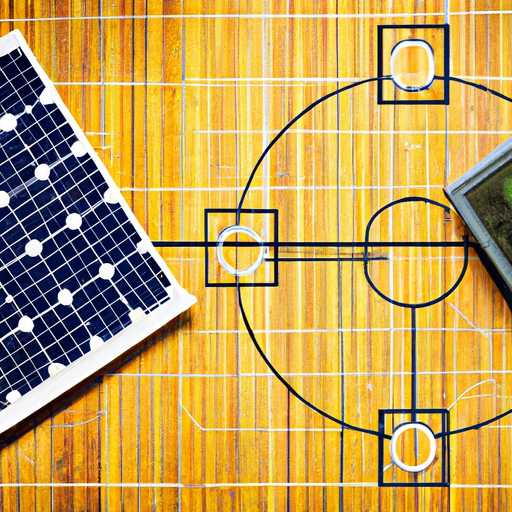
Planning and Setting Up Your Off-Grid Entertainment System
Calculating power needs
An essential step in setting up your off-grid entertainment system is calculating your power needs. This involves determining the power requirements of your electronics, appliances, and entertainment devices. By assessing their wattage and usage duration, you can estimate the amount of power your off-grid system needs to generate or store. This information will help guide your choice of power sources and equipment.
Choosing the right equipment
Choosing the right equipment for your off-grid entertainment system is crucial for efficiency and compatibility. This includes selecting appropriate solar panels, wind turbines, batteries, inverters, and generators. It is important to consider factors such as power capacity, reliability, maintenance requirements, and compatibility with your devices. Researching reputable brands and seeking professional advice can help ensure you make informed decisions.
Proper installation and setup
Proper installation and setup of your off-grid entertainment system are essential for optimal performance and safety. Solar panels and wind turbines should be installed in a location that receives maximum exposure to sunlight or wind. Battery banks should be connected correctly, and inverters should be adequately sized for your power requirements. It is advisable to consult professionals or follow detailed installation guides to ensure the longevity and efficiency of your off-grid system.
Conclusion
Embracing off-grid entertainment
Living off-grid and using electronics off-grid can be a rewarding and eco-friendly lifestyle choice. It allows individuals and communities to disconnect from traditional power grids and rely on renewable energy sources. By utilizing solar power, wind power, hydro power, and generators, people can power their electronic devices and enjoy entertainment off-grid. It promotes self-sufficiency, sustainability, and a reduced carbon footprint.
Finding a balance
While off-grid living and off-grid entertainment have their benefits, it is essential to find a balance that suits your lifestyle and priorities. Embracing off-grid entertainment can provide a sense of independence and connection with nature, but it is crucial to also appreciate traditional forms of entertainment and keep up with technological advancements responsibly. By combining off-grid activities with occasional use of modern electronic devices, individuals can create a balanced and fulfilling lifestyle.

